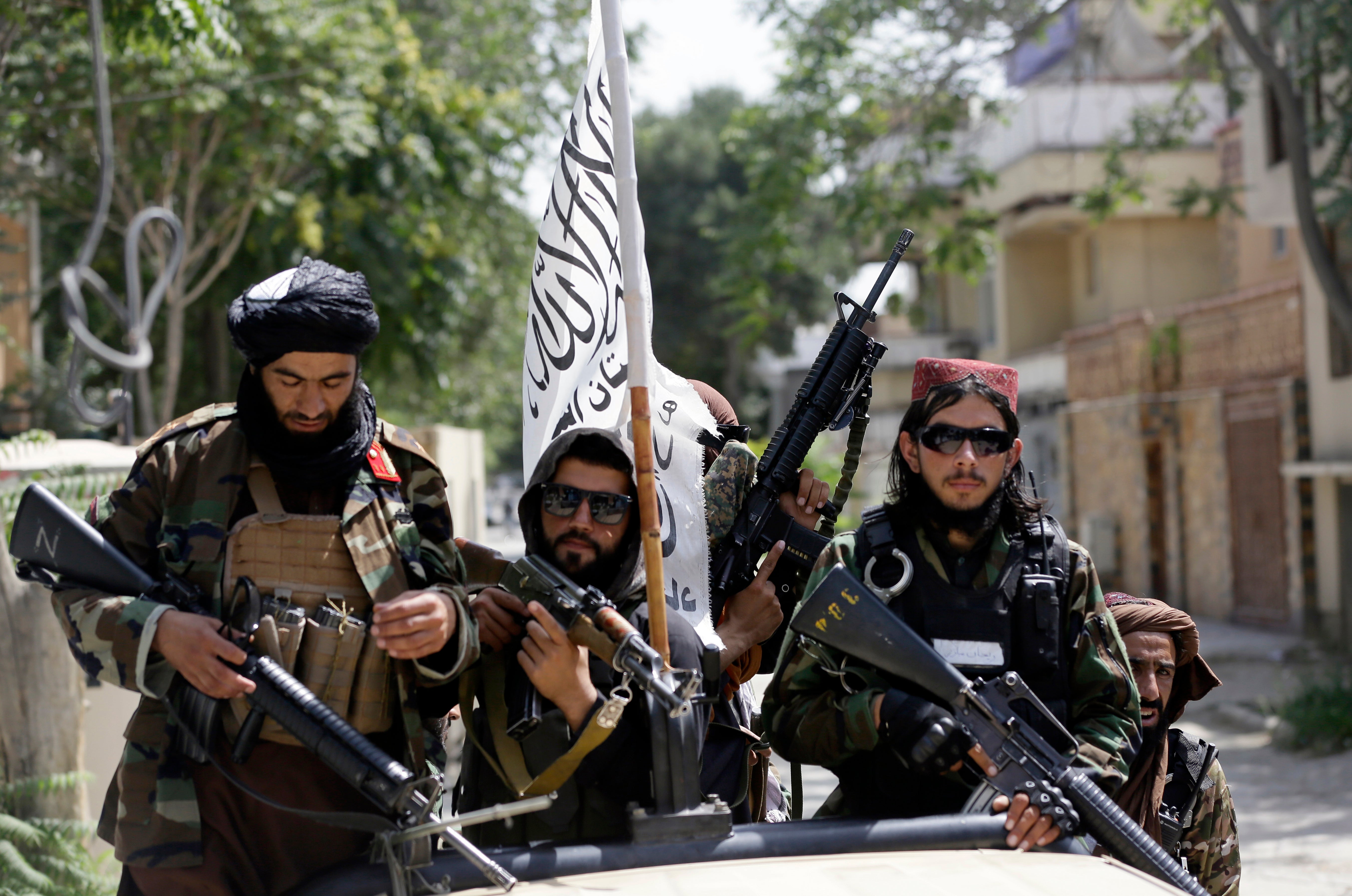Taliban to recruit suicide bombers for Afghanistan’s armed forces to fight local chapter of IS
It is unclear if recruits will be used as suicide bombers or regular fighters

A senior Taliban official has confirmed that suicide bomb squads will be incorporated into the country’s military to combat the threat from the rival Islamic State chapter in Afghanistan.
Bilal Karimi, the Taliban’s deputy spokesperson, said the suicide squad would work as a single unit.
The Taliban has in the past often suicide bombers, called “martyrdom seekers”, to fight Western and allied forces. However, it was unclear whether the suicide squad members will be used as suicide bombers or as regular members of the army.
“The special forces that include martyrdom seekers will be used for more sophisticated and special operations,” Mr Karimi said. It was unclear what those operations would be.
Since the Taliban seized control of Afghanistan last August, the Islamic State Khorasan Province (IS-KP), the Afghan chapter of the group, has attempted many attacks in the country.
The IS-KP wrote last year in an editorial in a weekly newspaper al Nabha that the Taliban was just a proxy for the United States. The editorial also criticised the “new Taliban” for wearing a “guise of Islam” to undermine the IS-KP in the region.
According to the Centre for International Security and Cooperation at Stanford University, that although the Islamic State’s chapter in Afghanistan and the Taliban are both hardline Sunni Islamist extremists, they are rivals. The IS-KP has accused the Taliban of abandoning jihad for the sake of negotiations and peace treaties.
“The hostility between the two groups arose both from ideological differences and competition for resources,” the centre said. “IS accused the Taliban of drawing its legitimacy from a narrow ethnic and nationalistic base, rather than a universal Islamic creed.”
Join our commenting forum
Join thought-provoking conversations, follow other Independent readers and see their replies
Comments
Bookmark popover
Removed from bookmarks